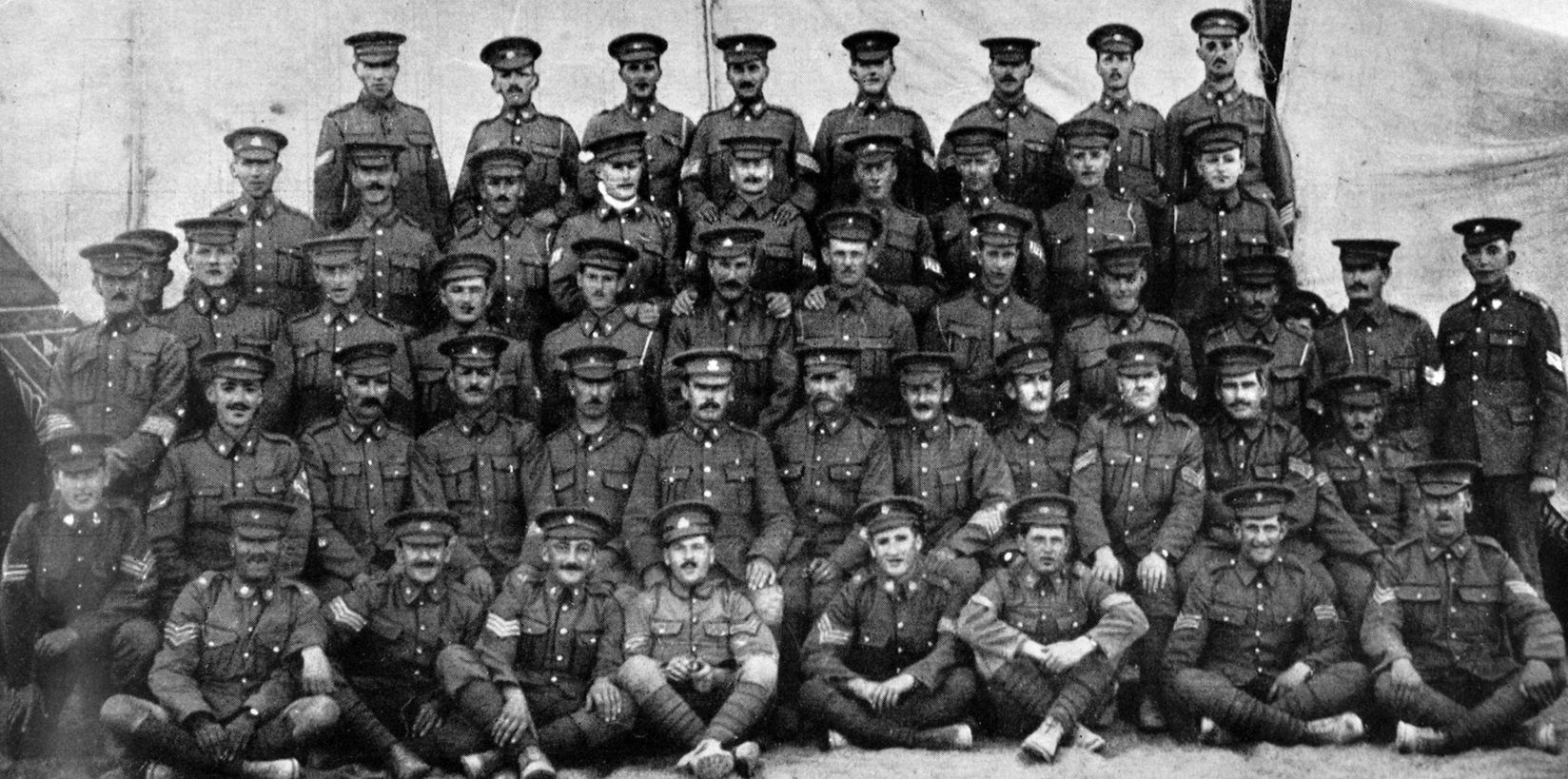

As 1916 began, the Otago Infantry Regiment and other New Zealand forces had just completed arguably the only success of the Dardenelles campaign, a successful evacuation from Gallipoli, and families at home fully realised that many years of long, hard fighting remained ahead.
As you would expect, the Otago Daily Times of January 7, 1916, was full of war news but — like all newspapers of that era — the front page was the preserve of classified advertising.
There you could learn that Mrs C needed an active girl to help a woman with "nervous troubles", that Watson No 10 was "a little dearer than most whiskies but it is still worth the money", and that the Octagon Theatre was screening not only The Prisoner of Zenda but also a Charlie Chaplin film.
In the letters to the editor, readers would see the latest instalment of a long-running wrangle between the Charitable Aid Board and the Wakari Bowling Club over the club’s rent.
"If the board wants to retain the club as tenants it will have to show a little more consideration and courtesy than it has hitherto extended," the club’s honorable secretary C.E.T. Woon sniffed.
The police court had had a quiet day: two first offenders were given the option of a fine or imprisonment for drunkenness, imperial war pensioner Henry James McKinley was convicted and discharged on his drunkenness charge so long as he went to the Benevolent Institution and stayed there, and a woman succeeded in obtaining a prohibition order of an unspecified nature against her mother.
The teams were also announced for the three first grade cricket games in Dunedin that Saturday: Opoho v Carisbrook, Dunedin v Grange and St Kilda v Albion.
Further afield, the North Otago Beekeepers Association had had to call off its field day at Alma due to the "deplorable condition" of the industry due to ongoing drought.

"This civil war is seriously thinning their ranks and dead bees are numerous outside all the hives," the paper reported, in a sad parallel to what was happening further afield.
The mood in early 1943 was a touch more optimistic. While the threat of Japanese invasion still existed and Germany was still the master of Europe, German troops were on the retreat in North Africa from combined forces that included New Zealand troops and were four months from surrender.
Some things had not changed: the ODT still ran classified advertisements on the front page and Charlie Chaplin’s films remained popular, although The Gold Rush was screening at The State rather than the Octagon, which was showing To The Shores of Tripoli twice daily.
Arthur Ellis and Co was seeking six experienced machinists and 12 girl learners, while the Dunedin City Council needed "female clerks" for typing and shorthand.
A permanent wave could be provided at Valor Toilet for 19 shillings and sixpence, and the special train to the Wingatui races that Saturday was due to depart from Cromwell at the eye-watering hour of 5am.
Inside, the ODT’s turf correspondent Sentinel advised that the feature race looked like a duel between the Wellington Cup-nominated Royal Lancer and Lord Nuffield, while "Notes for Women" by "Phillida" informed readers that Mr A. Russell would leave today for a holiday in Auckland, Mrs T. McKibbin had returned from a visit to the country, and that Mr and Mrs J.W. Becker of "Chatswood", Highcliff Rd, had returned from their holiday break at Mt Cook.
There were two days left to buy a ticket in the £5000 Art Union lottery, Poliflor wax would make your floors and furniture look like new, Chamberlain’s Tablets would ensure you woke up every morning feeling full of life, and lamb and mutton had sold well at the Burnside Market.
But recent poignant events still cast a shadow over Otago: on p4 the ODT reported that the commission of inquiry into the circumstances of the fire at Seacliff Mental Hospital would probably start in eight days’ time.
"The relatives of the patients who lost their lives in the tragedy will be informed this week of the time and place of the sitting in order, if they so wish, to make arrangements to be present or to be represented by counsel."













